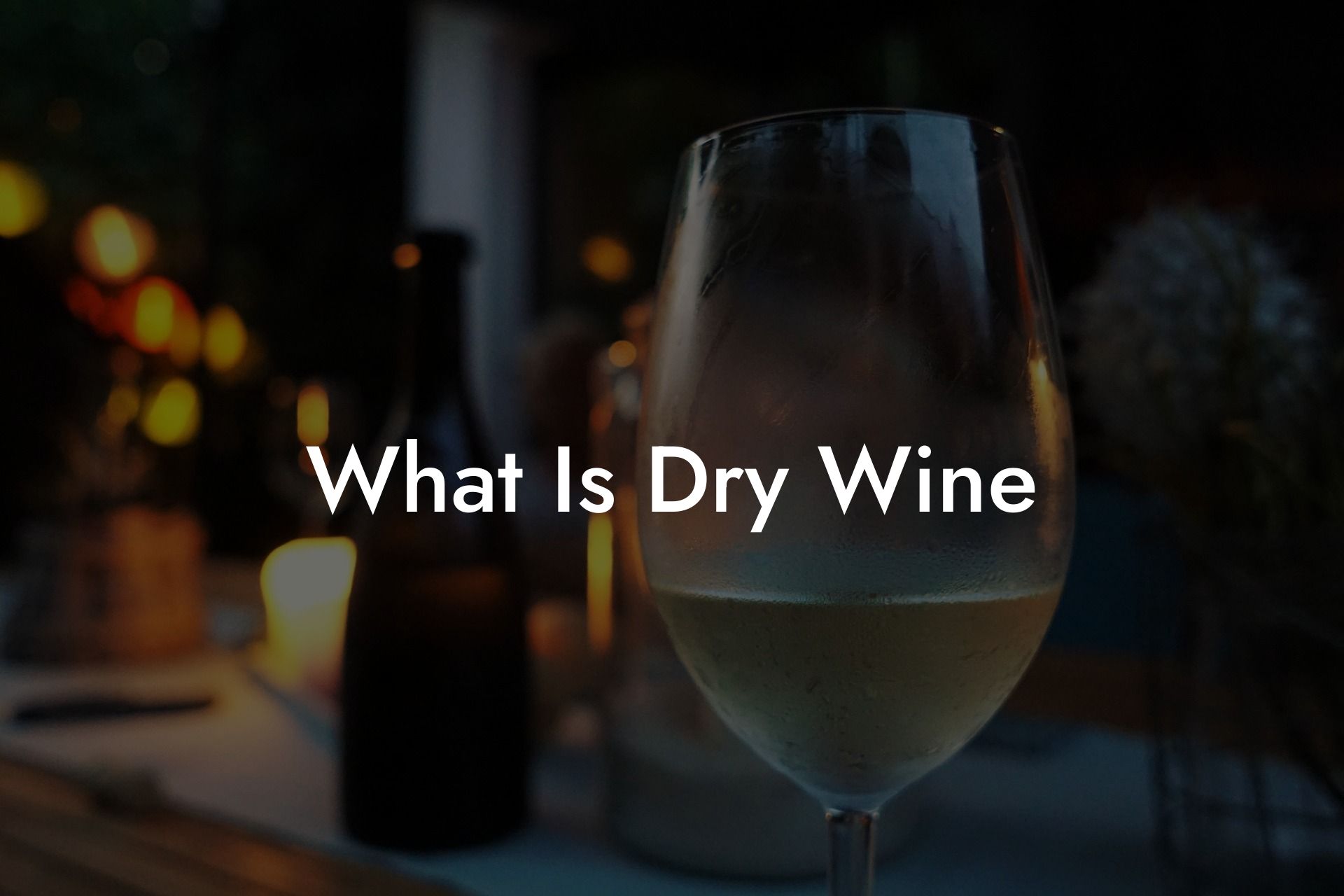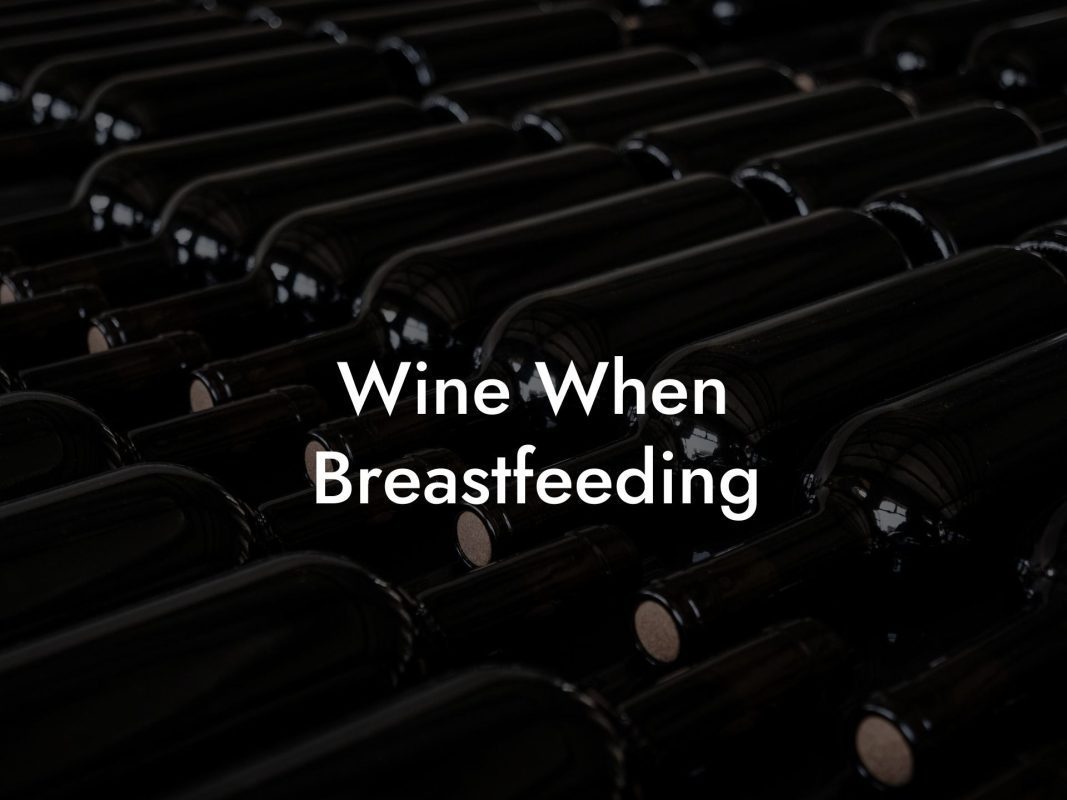Are you curious to discover the world of dry wine – what it is, why it's unique, and how it can elevate your wine experience? Well, raise a glass to your newest, chicest companion in taste, the Black Wine Club! Join us as we dive into the delicious world of dry wines, and uncover their unique characteristics, which make them perfect for the wine connoisseur in you.
What Is Dry Wine Table of Contents
What is Dry Wine?
Dry wine refers to a wine that has little to no residual sugar content, resulting in a less sweet taste profile. Contrary to popular belief, this does not mean that these wines are devoid of flavor. In fact, dry wines often boast complex, robust, and intense flavors that satisfy even the most discerning palate.
The Science Behind Dry Wine
In the world of wine, it's important to understand the process and science that leads to a dry wine. All wines begin with grapes, which are naturally high in sugar. During fermentation, yeast consumes the sugar, transforming it into alcohol and carbon dioxide. Dry wines result from a complete fermentation, where the yeast consumes almost all the sugar, leaving minimal residual sugar content.
Do You Want to Win a Free Bottle of Wine?
Don't miss out on the opportunity to win a free bottle of wine every week.
Enter our weekly prize draw today!
How to Identify Dry Wines
As you explore the world of dry wines, you may wonder how to identify them before tasting. Here are a few tips to get you started:
- Know the grape variety: Some grapes are naturally predisposed to produce dry wines, such as Cabernet Sauvignon, Pinot Noir, and Chardonnay.
- Understand alcohol content: Generally, wines with a higher alcohol content (above 12.5%) are considered dry, as there is little residual sugar left after fermentation.
- Read the label: Some wine labels will indicate if a wine is dry, but keep in mind that terminology may vary between regions or countries. Look for words such as "dry," "brut," "secco," or "sec."
Taste Profile of Dry Wines
Each dry wine has its unique taste profile that depends on several factors such as varietal, terroir, and production techniques. However, you can generally expect the following characteristics:
- Less sweetness: Due to the low residual sugar content, dry wines offer a less sweet, more savory flavor.
- Acidity: Dry wines often showcase an elevated acidity that adds balance, liveliness, and complexity to the wine.
- Tannins: In red wines, tannins are responsible for that drying sensation on your tongue, which works harmoniously with the low sugar content to create a bold, satisfying flavor profile.
What Is Dry Wine Example:
Imagine you're at a bustling wine tasting event, swirling and sniffing like a pro, when you're presented with two wines: a Cabernet Sauvignon and a Riesling. Sipping the Cabernet Sauvignon, you notice the bold flavors of blackcurrant, cedar, and earthiness coupled with firm tannins and a hint of acidity. This wine leaves your palate without any lingering sweetness - a dry wine in all its glory.
On the other hand, the Riesling showcases an off-dry or semi-dry profile. Though not as sweet as a dessert wine, it presents a distinct fruity sweetness that lingers on your palate, contrasting with the zippy acidity that keeps it fresh and lively.
There you have it – your fabulous introduction to the alluring world of dry wines! At the Black Wine Club, we're here to help you embrace your inner wine aficionado and uncover the hidden gems of the wine universe. So, don't hesitate to share this article with fellow wine enthusiasts, and make sure to explore our other wine-related content on our website.
And remember, whether you're toasting with Sauvignon, toasting with Chardonnay, or toasting to newfound wine knowledge, the Black Wine Club has your back. Cheers to you and your beautifully dry adventures!
Do You Want to Win a Free Bottle of Wine?
Don't miss out on the opportunity to win a free bottle of wine every week.
Enter our weekly prize draw today!












